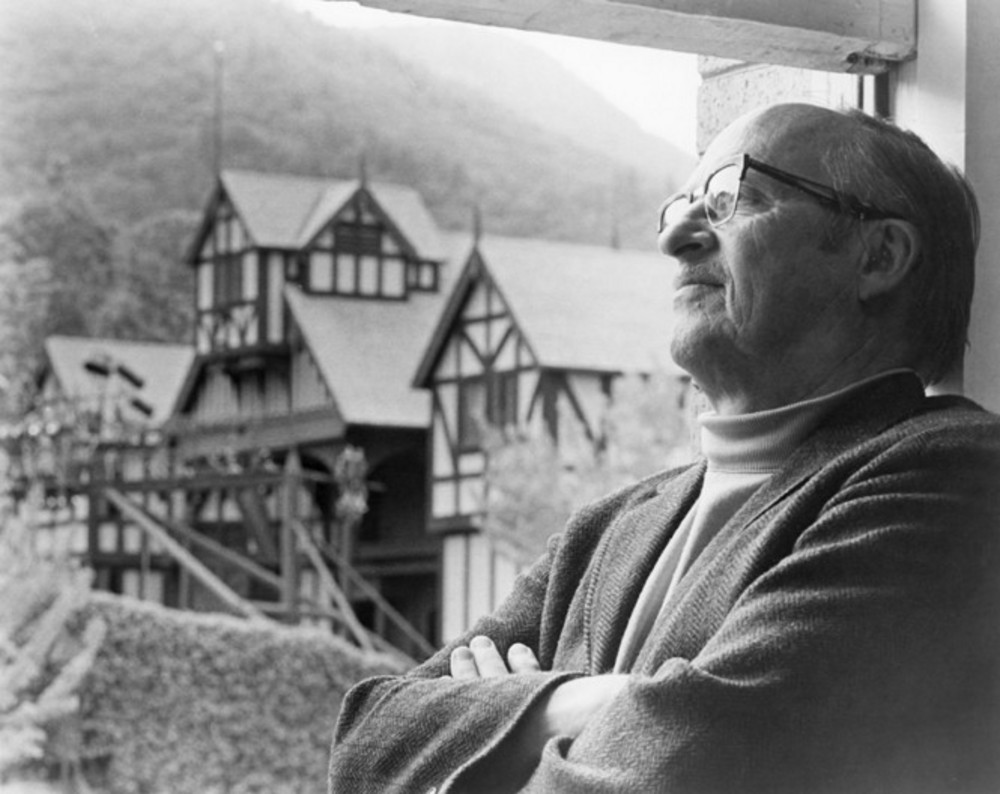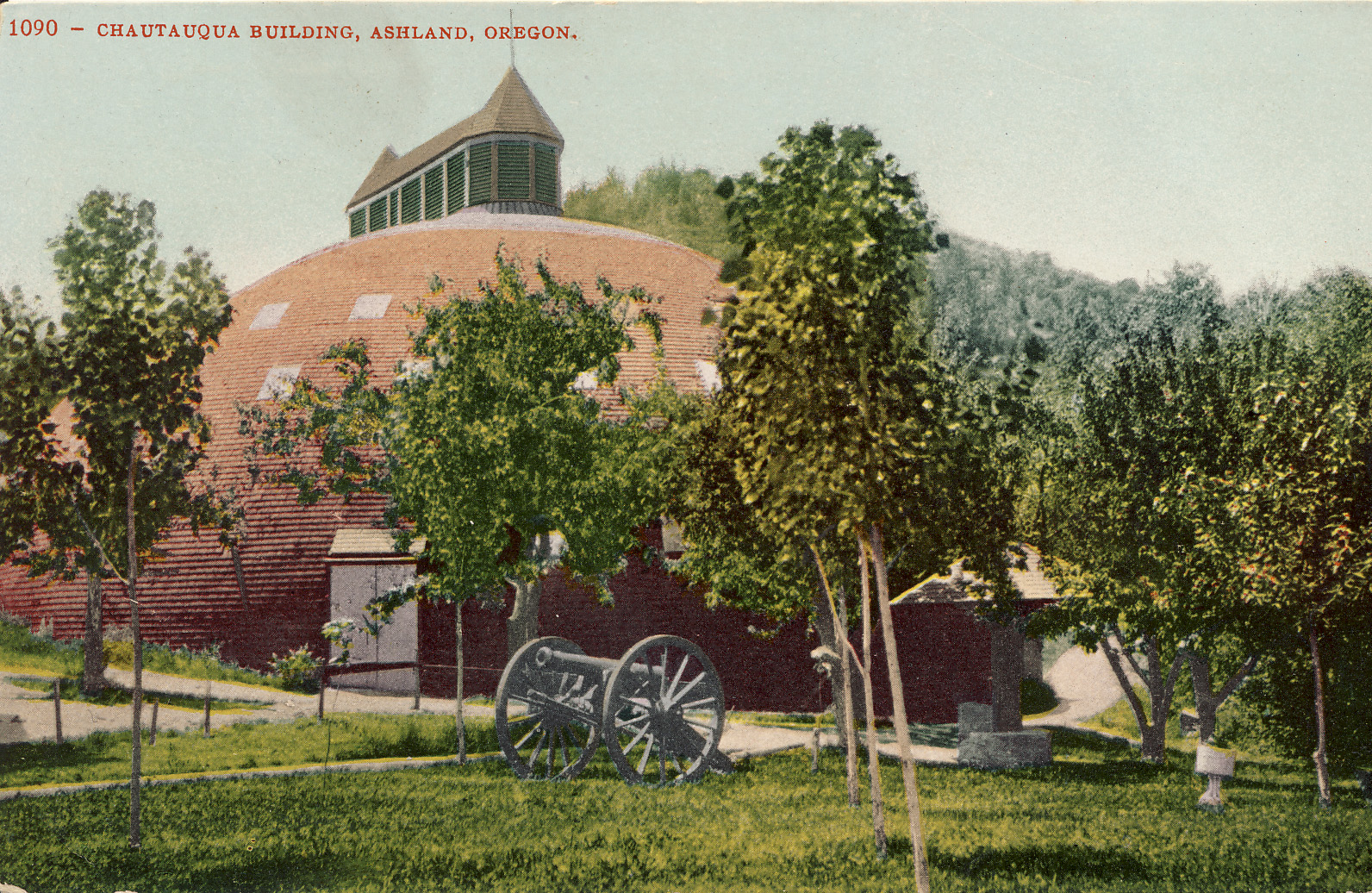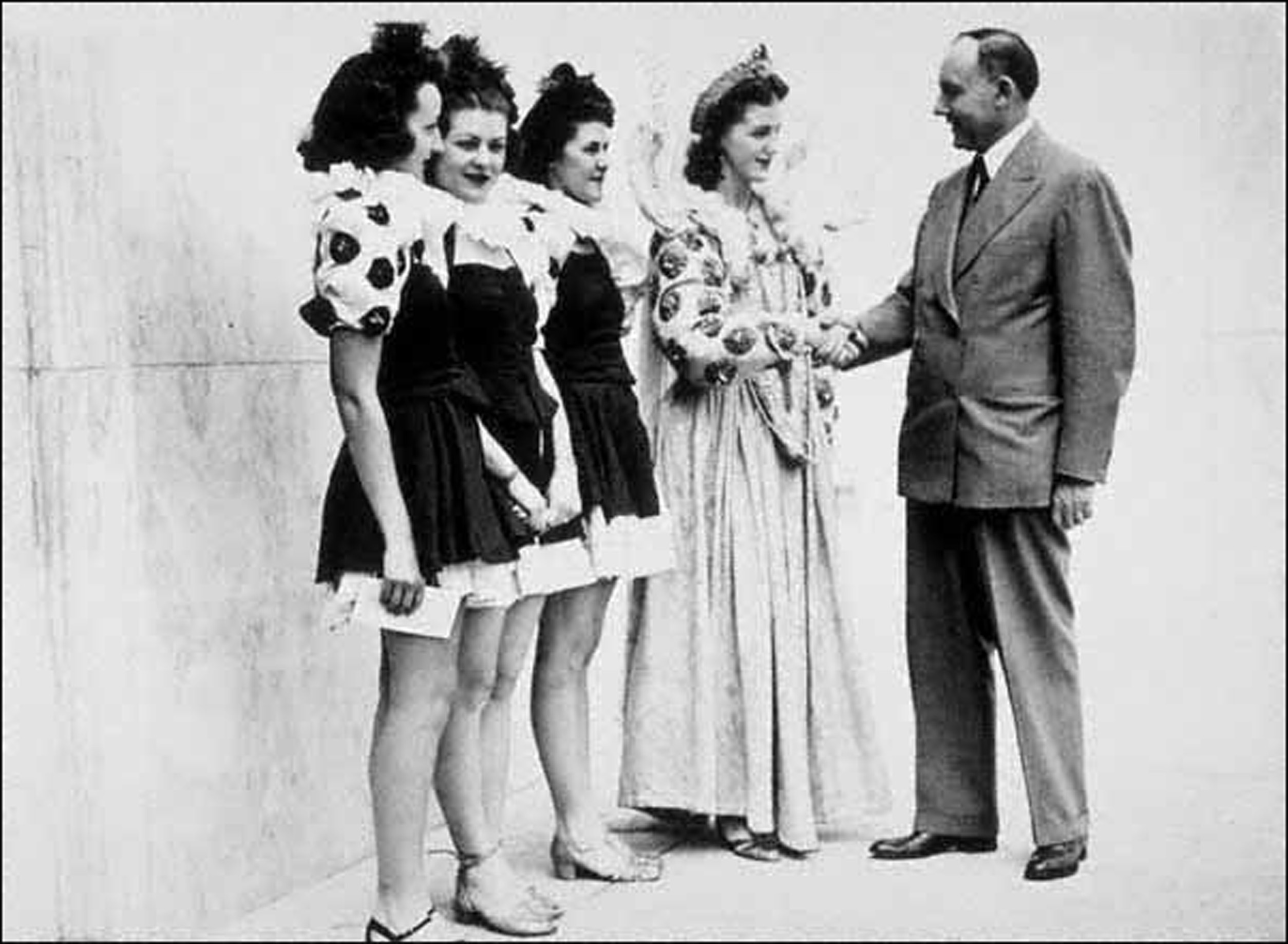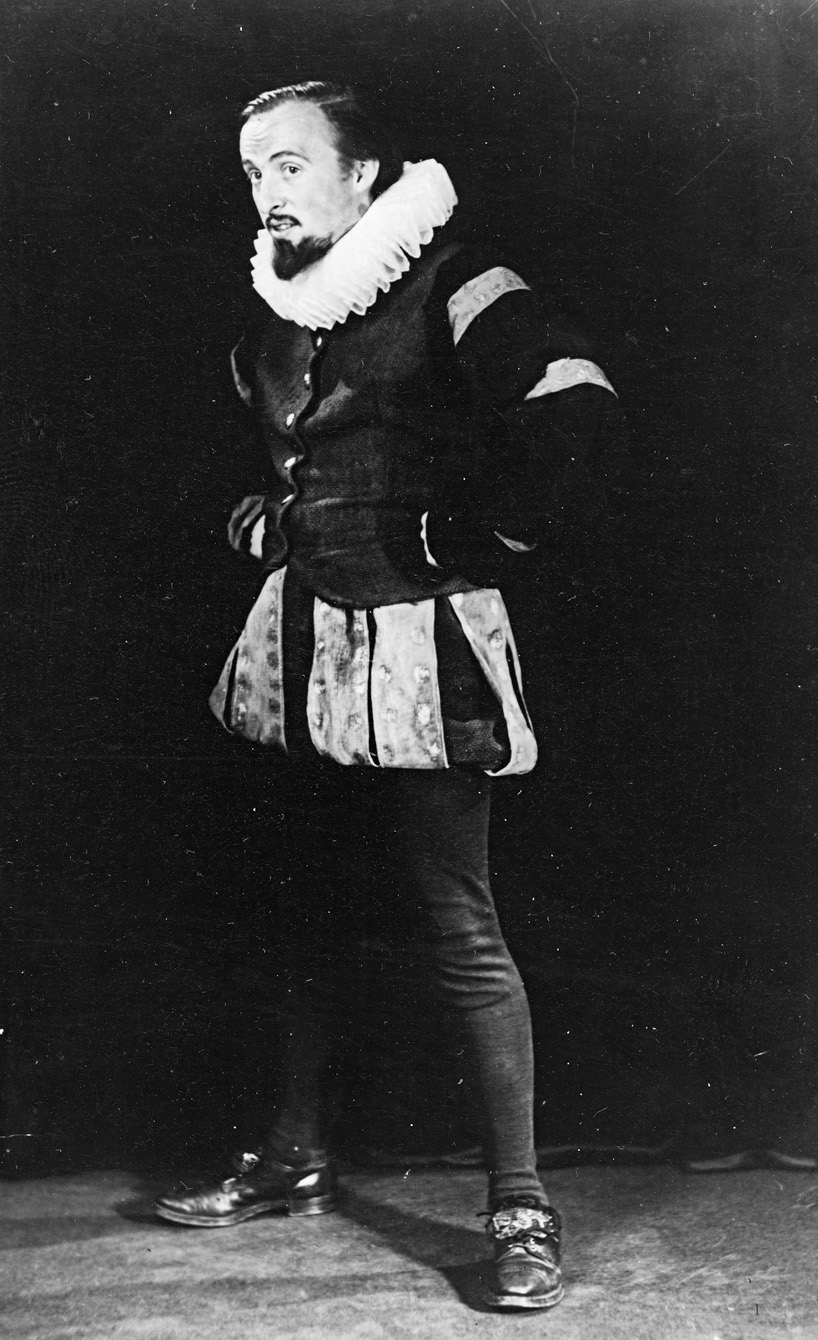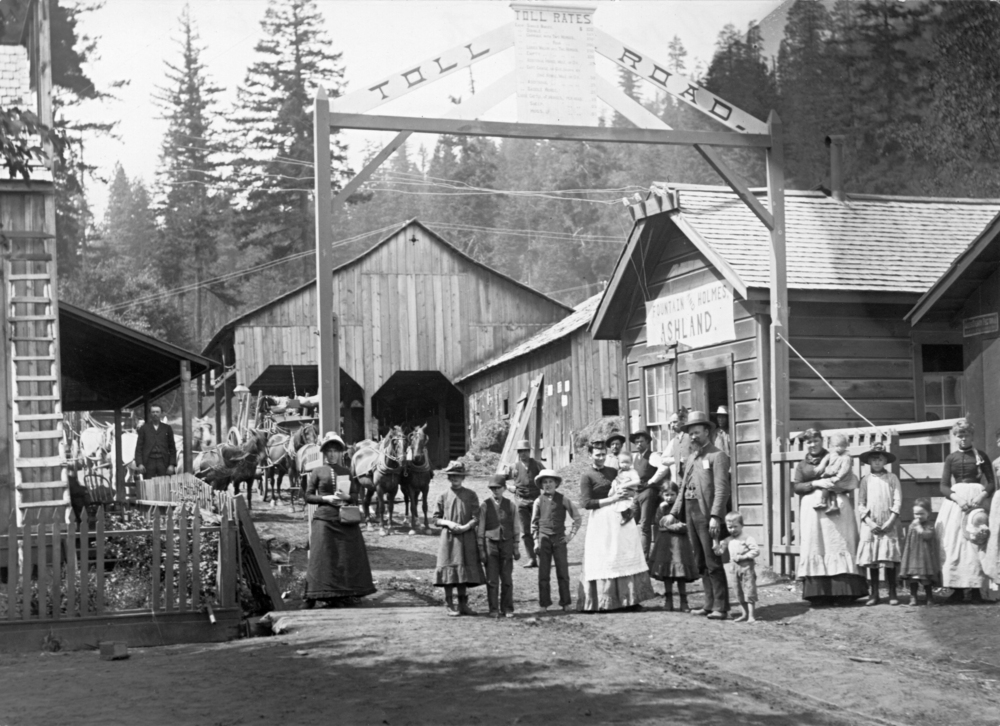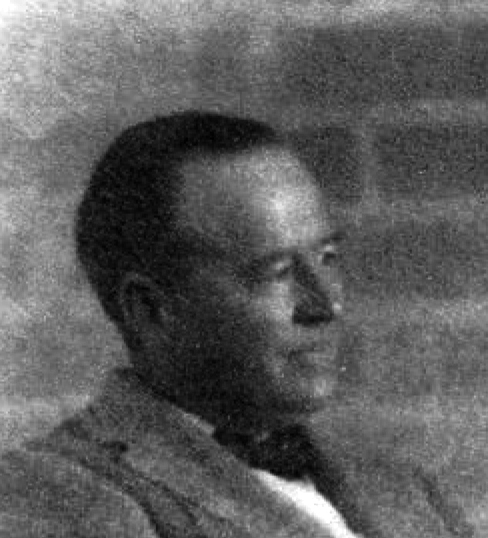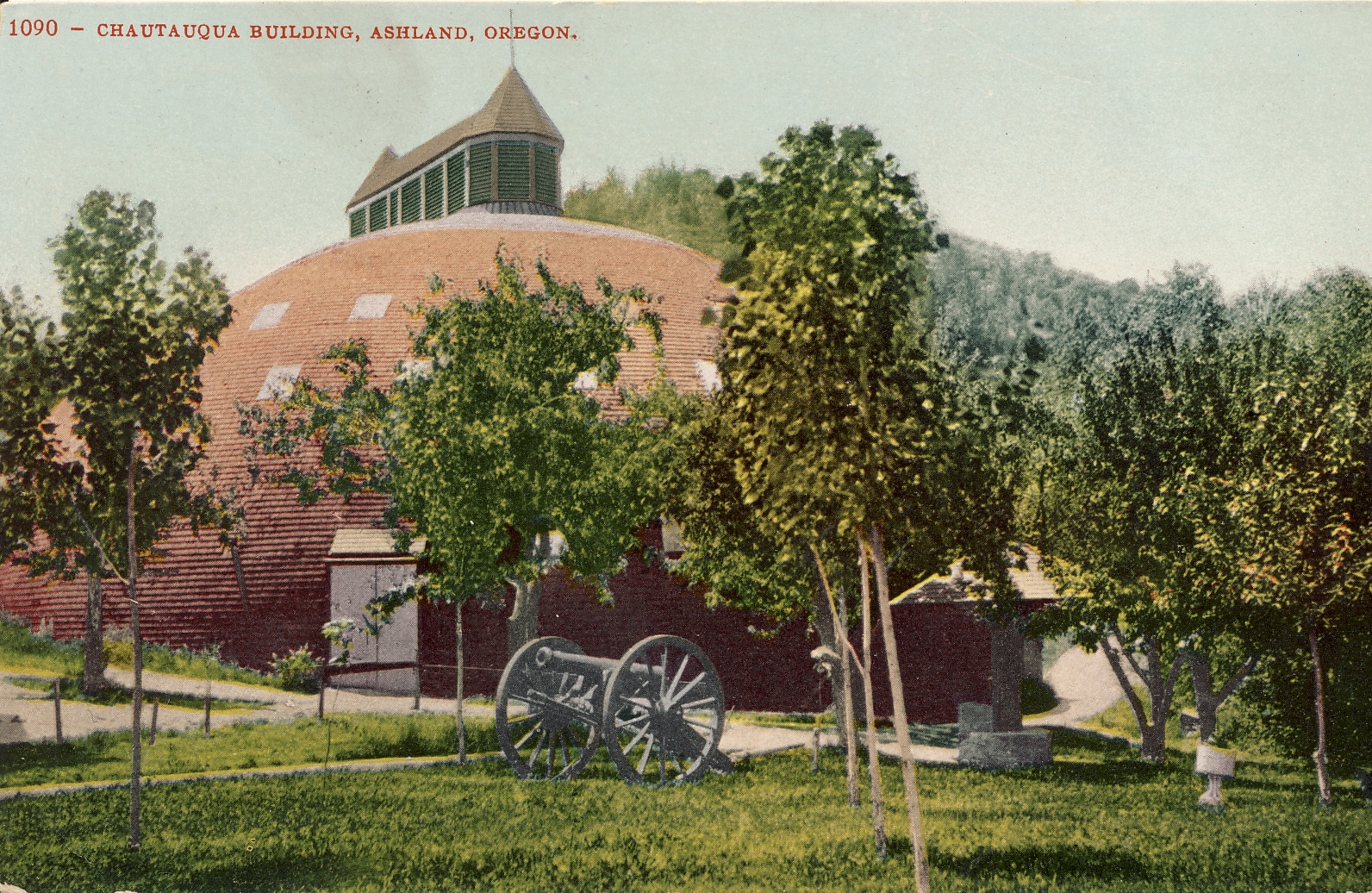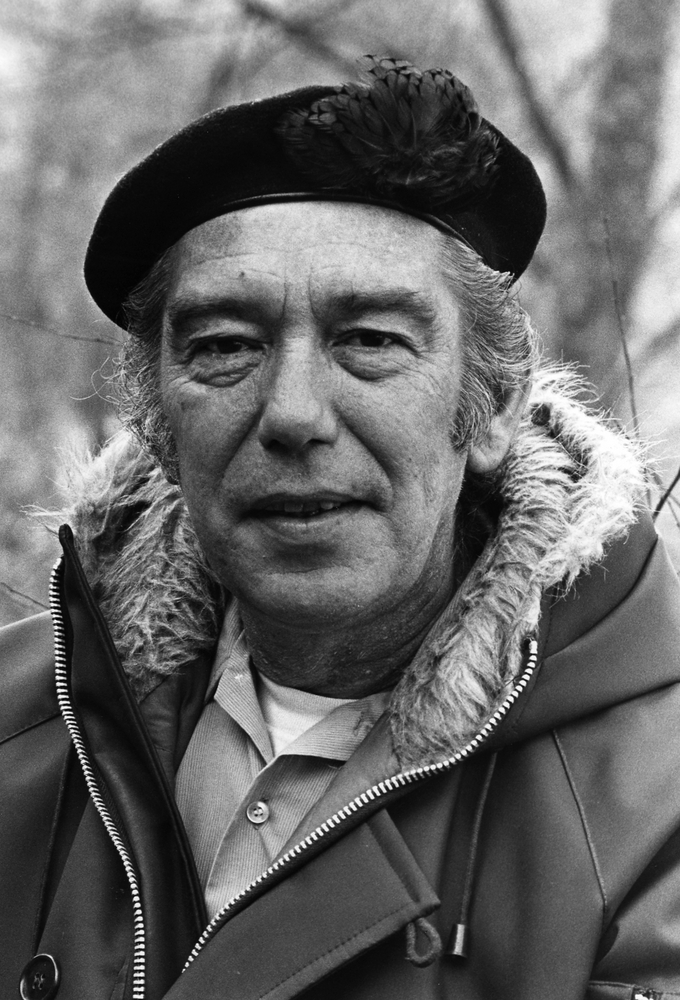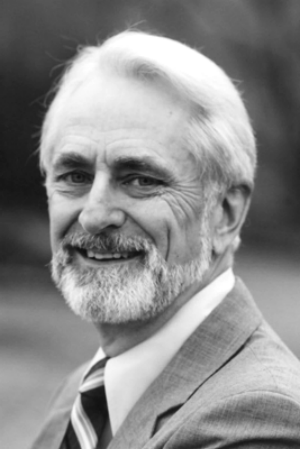The Oregon Shakespeare Festival (OSF), under the leadership of Angus L. Bowmer (1904-1979), had its beginnings as a two-play festival in Ashland on July 2, 1935, with performances of William Shakespeare’s Twelfth Night and The Merchant of Venice. Since then, the festival—a membership organization incorporated in 1937 as the Oregon Shakespearean Festival Association—has continued as a rotating repertory company whose strength is the ensemble, onstage and off.
Bowmer arrived in Ashland in 1931, taking a job at Southern Oregon Normal School (now Southern Oregon University). His talent caught the attention of Governor Julius Meier, and Bowmer was commissioned to write, produce, and direct the historical pageant for Oregon’s 1934 Diamond Jubilee. By 1935, members of the Active Club, including Bowmer, approached the city to revive Ashland’s Fourth of July celebration and produce plays at the local Chautauqua site, which resembled an Elizabethan stage.
Volunteers from the pageant agreed to help, and the city provided seed money with the stipulation that there would be afternoon boxing matches to help cover costs. The festival succeeded beyond all expectations, and the revenue from the theatre tickets covered the losses of the afternoon boxing matches. Bowmer agreed, and the first annual season opened July 2, 1935.
In 1939, the OSF took The Taming of the Shrew to the Golden Gate International Exposition in San Francisco, a tour that included a nationwide live radio broadcast. The 1940 season went on as planned, despite the distractions caused by the threat of war in Europe. The next year, operations were suspended through 1946.
In 1947, OSF built a new stage, and the season commenced with four plays. Bowmer enrolled at Stanford University’s doctoral program to work with Dr. Margery Bailey, who later summered in Ashland and began the educational component of OSF. The Stanford connection was a strong one, eventually bringing William W. Patton to Ashland as OSF’s first full-time administrator (who held that position from 1953 to 1995) and Richard L. Hay, who would become the festival’s principal theatre and scenic designer (who has worked at OSF for over 50 years).
The first Green Show was performed in the 1950s. OSF Green Shows are free nightly performances held before the evening plays from June through October. Originally, musicians played and sang Elizabethan-era music, supplemented by country and court dances. Green Shows have changed over the years and today are mostly a mixture of music and dance by local and national artists.
The 1950s also brought the first Guest Equity actor contracts; the Vining Repertory experiment to gauge audience interest in seasons other than summer; and the donation of scholarships and amenities from the Tudor Guild, the Soroptimists, and Beta Sigma Phi. The company began the tradition of ending closing night with Prospero’s lines from The Tempest and held the first Feast of Will in Ashland’s Lithia Park. A much larger Elizabethan Stage opened in 1959.
Now firmly established in the local culture, the OSF attracts actors and artisans from across the country and around the world. Over the years, the festival added non-Shakespeare plays to its repertoire, and growing audiences made it clear that more theatres were needed to accommodate the demand. Duke Ellington’s orchestra kicked off fundraising for an indoor theatre named for Angus Bowmer. The theatre opened in 1970, and Bowmer retired the next year. He was succeeded by actor and director Jerry Turner (1927-2004), whose first directing assignment had been in 1959, a performance of The Maske of the New World, by Carl Ritchie. Turner remained at OSF as artistic director until 1991.
Over the years, the performance season lengthened and programming increased with it. The School Visit Program launched in 1970, and matinees drew thousands of students. OSF and Angus Bowmer received the Oregon Governor’s Award for the Arts in 1977 and in 1983 received a National Governor’s Association Award for “distinguished service to the arts.” Four other people associated with OSF have the Oregon Governor's Award since 1977. A new theatre, the Black Swan, opened in 1977. By 1979, OSF had established a nine-month season, and its attendance had grown to over 265,000 people a year.
In 1983, OSF won the Tony Award for Regional Theatre and became fully professional with an Actors’ Equity contract. a year later. The festival expanded into Portland for six seasons, started a play-reading series, and increased the size of the company and the OSF campus.
Actor and director Henry Woronicz was named OSF’s artistic director in 1991. He deepened the theatrical experience by adding movement, vocal, and dramaturgical support to productions. A pavilion was added to the Allen Elizabethan Theatre, reconfiguring seating and improving acoustics and production values.
Libby Appel was hired as artistic director and Paul Nicholson as executive director on the same day in late 1995. They spearheaded an effort to raise funds to replace the Black Swan theatre with the state-of-the-art New Theatre, which opened in 2002 and is now known as the Thomas Theatre. OSF began to collaborate with other theatres in joint productions and commissioned more new plays. When Appel retired in 2007, Bill Rauch, who had been a guest director for several seasons, became OSF’s artistic director. He has added American Revolutions, a cycle of U.S. history plays, to the repertoire. Nataki Garrett became the sixth artistic director (2019-2023) of the festival and guided the organization through the Covid-19 pandemic. Tim Bond is the current artistic director and formerly served as associate artistic director under Libby Appel from 1996 to 2007.
OSF has alumni in regional nonprofit and commercial theatres throughout America. The longevity of the staff—from actors to accountants, custodians to costumers—is notable, with many staying over fifteen seasons. The festival continues to be dedicated to Shakespeare’s full canon and in 2010 commemorates its seventy-five-year relationship with the Rogue Valley.
-
![]()
Angus Bowmer, with the 1959 Elizabethan Stage in the background..
Photo Hank Kranzler, courtesy Oreg. Shakespeare Fest.
-
![Chatauqua Building, Ashland, about 1910.]()
Chautauqua Bldg, Ashland, color, postcard.
Chatauqua Building, Ashland, about 1910. Publisher Edward H. Mitchell, courtesy Robert L. Hamm
-
![Gov. Charles Sprague at Shakespeare Festival party, 1940.]()
Sprague, Charles, at Shakespeare Fest party, 1940, OrHi 97672.
Gov. Charles Sprague at Shakespeare Festival party, 1940. Oreg. Hist. Soc. Research Libr.OrHi 97672
Related Entries
-
![Angus Bowmer (1904-1979)]()
Angus Bowmer (1904-1979)
Angus Livingston Bowmer was the creator of the Oregon Shakespeare Festi…
-
![Ashland]()
Ashland
Ashland, a city of 21,360 people in Jackson County, is situated in the …
-
![Carpenter Foundation and Alfred (1881-1974) & Helen Bundy (1886-1961) Carpenter]()
Carpenter Foundation and Alfred (1881-1974) & Helen Bundy (1886-1961) Carpenter
The Carpenter Foundation was first established in southern Oregon in 19…
-
![Chautauqua in Oregon]()
Chautauqua in Oregon
An 1874 summer camp to train Methodist Sunday school teachers seems an …
-
![Jerry Turner (1927-2004)]()
Jerry Turner (1927-2004)
For twenty years, from 1971 to 1991, Jerry Turner was artistic director…
-
![William Patton (1927-2011)]()
William Patton (1927-2011)
William Patton, the first general manager and executive director of the…
Related Historical Records
Map This on the Oregon History WayFinder
The Oregon History Wayfinder is an interactive map that identifies significant places, people, and events in Oregon history.
Further Reading
Bowmer, Angus L. As I Remember, Adam: An Autobiography of a Festival. Ashland: Oregon Shakespearean Festival Association, 1975.
Brubaker, Edward, and Mary Brubaker. Golden Fire: The Anniversary Book of the Oregon Shakespearean Festival. Ashland: Oregon Shakespearean Festival Association, 1985.
Oregon Shakespeare Festival. www.osfashland.org/about/.

